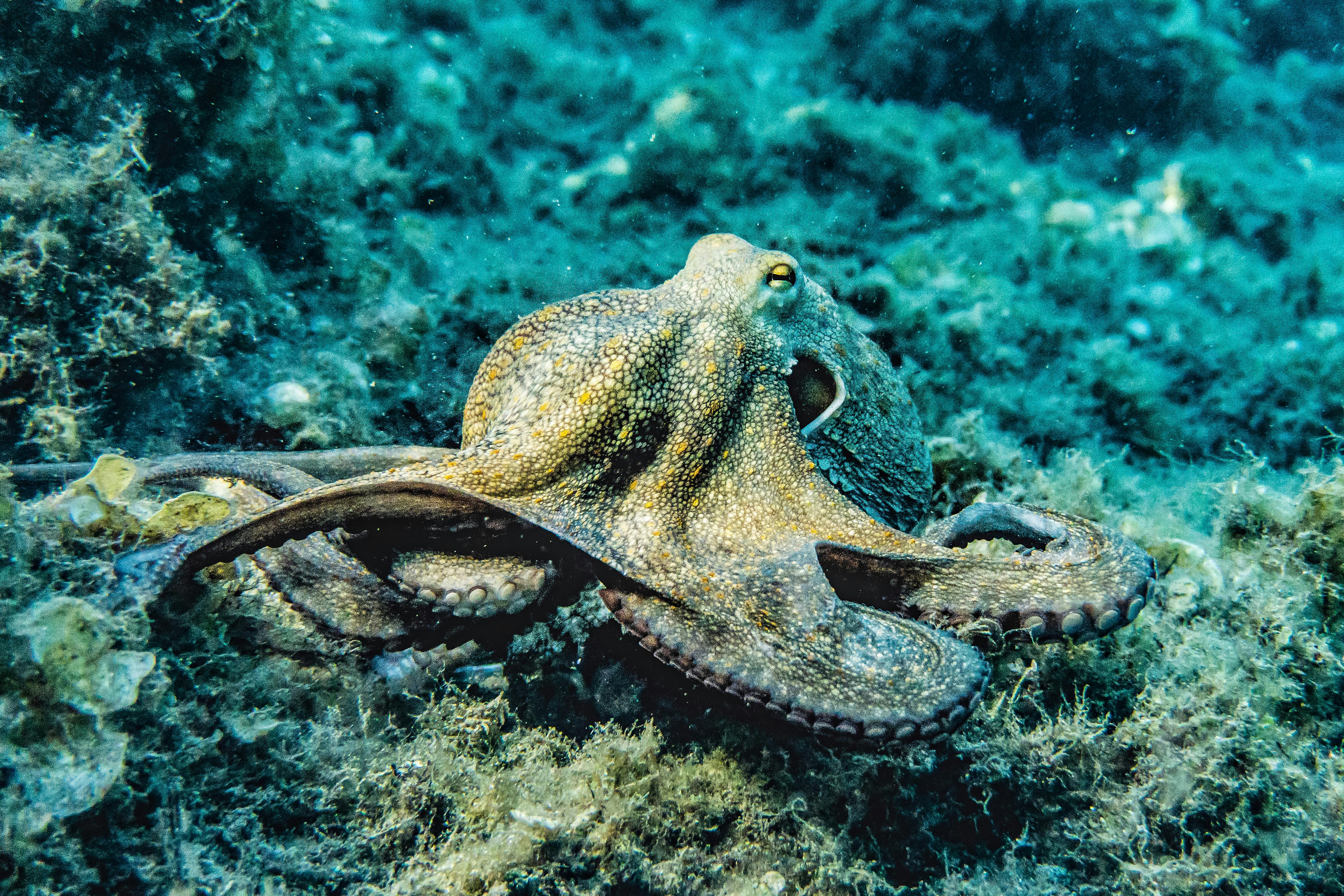Unraveling the Intricacies of the Octopus' Intelligence
The animal kingdom is teeming with amazing creatures, each with their unique attributes and behaviors. However, a standout among them is the octopus, particularly noted for their surprising level of intelligence. This article delves into this fascinating topic, offering an in-depth look at the octopus' cognitive abilities, how they've developed over time, and their implications for science and our understanding of intelligence in the animal kingdom.

The octopus has long fascinated biologists and marine scientists with its unusual behavioral patterns and problem-solving abilities. It has been observed using tools, escaping enclosures, and even exhibiting what appears to be playful behavior. These creatures are a testament to the diverse manifestations of intelligence in the animal kingdom and challenge our understanding of cognition.
The octopus belongs to the class Cephalopoda, comprising other intelligent creatures like squid and cuttlefish. However, the octopus stands out for its exceptional cognitive abilities. The common octopus (Octopus vulgaris) and the giant Pacific octopus (Enteroctopus dofleini) are among the species most studied due to their remarkable intelligence.
The evolutionary history of the octopus is another intriguing aspect. Their intelligence is said to have developed as an adaptation to their complex marine environment. Over millions of years, these creatures have evolved to possess large brains and sophisticated nervous systems.
The octopus’ intelligence has significant implications in various scientific fields. In neuroscience, they provide an alternative model to study the evolution of the brain. The fact that their intelligence evolved independently from vertebrates presents an interesting area of study in convergent evolution. Additionally, their problem-solving and tool-using abilities have inspired advancements in robotics and artificial intelligence.
To keep up with current debates, it’s worth noting that a recent proposal to grant octopuses, along with other cephalopods and decapods, protections under animal welfare laws has stirred discussions. This proposition is based on growing evidence suggesting these creatures are sentient beings capable of experiencing pain and suffering.
The cost implications of such a move could be significant for industries that use cephalopods for research, food, and bait. The market for octopus as a luxury seafood item has been growing, and a change in welfare laws could impact this thriving industry.
In conclusion, the intelligence of the octopus is a fascinating subject that continues to captivate scientists and animal enthusiasts alike. These creatures challenge our understanding of intelligence, offering a unique perspective on cognition in the animal kingdom. As we continue to unravel the intricacies of the octopus’ mind, it’s clear that these creatures hold many more secrets waiting to be discovered.




